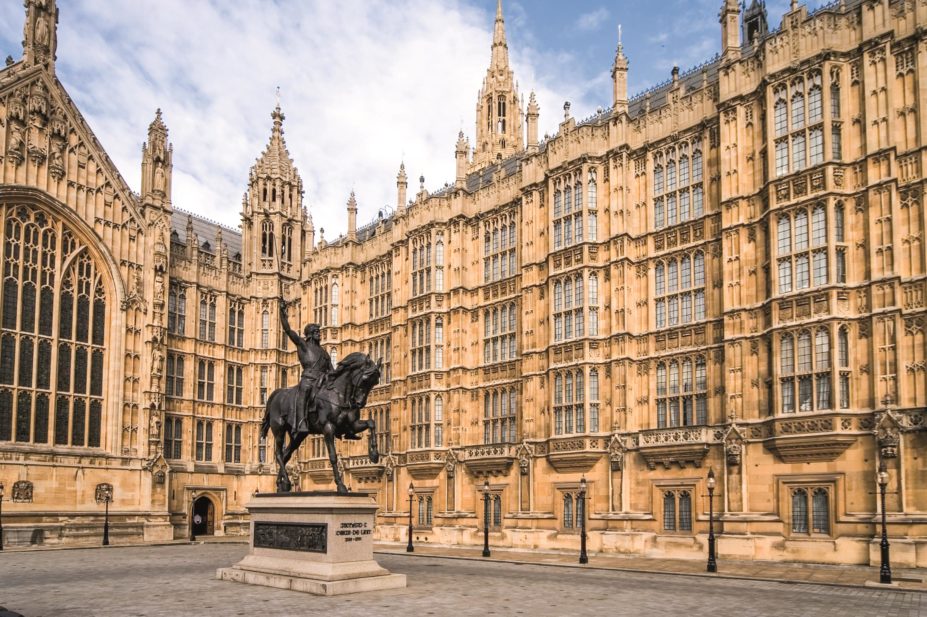
Shutterstock.com
Government implementation of the Life Sciences Industrial Strategy it commissioned has been “wholly inadequate”, according to an inquiry by the House of Lords Science and Technology Committee.
The committee’s report, ‘Life Sciences Industrial Strategy: Who’s driving the bus?’, published on 26 April 2018, raised questions about the government’s overall commitment to implementing the strategy.
It said that the inquiry had “uncovered complicated arrangements for implementation, a lack of clear authority and accountability and a failure to engage the NHS effectively”, adding that the NHS’s commitment to the strategy had so far been “incoherent, uncoordinated and ineffective”.
However, the report said that with “prompt and vigorous action” the government could “save the day”. As the strategy had already secured the commitment of the charity, business and academic communities, the government now needed take the lead in implementation, it said.
Lord Narendra Patel, chair of the committee, explained: “If implemented correctly, the Life Sciences Industrial Strategy will make a major contribution to the future economic prosperity of the UK, but what became clear throughout our inquiry is that it stands little chance of success without a detailed plan for implementation and clear lines of authority, responsibility and accountability.”
“The government has an opportunity right now to get ahead of international competition. It can, and must, take bold steps to secure the future growth and expansion of the life sciences sector.”
The committee recommended that the Life Sciences Governing Body be assigned sole responsibility for delivering the strategy, and that the business, energy and industry strategy secretaries and health and social care secretary must ensure the governing body has the cross-government backing required to do its work. It also suggested that a new ‘Office for Industrial Strategy’ be formed in order to scrutinise the progress being made, and that the NHS give greater priority to the uptake and spread of innovation and to offer financial incentives to clinicians and managers who make such adoption successful.
According to the report, the life sciences sector contributed £30.7bn to the UK economy in 2015 and supported 482,000 jobs. The committee said that, as the UK prepares to leave the European Union, it is even more important that the government take “bold steps” to secure the future growth and expansion of the life sciences sector.


